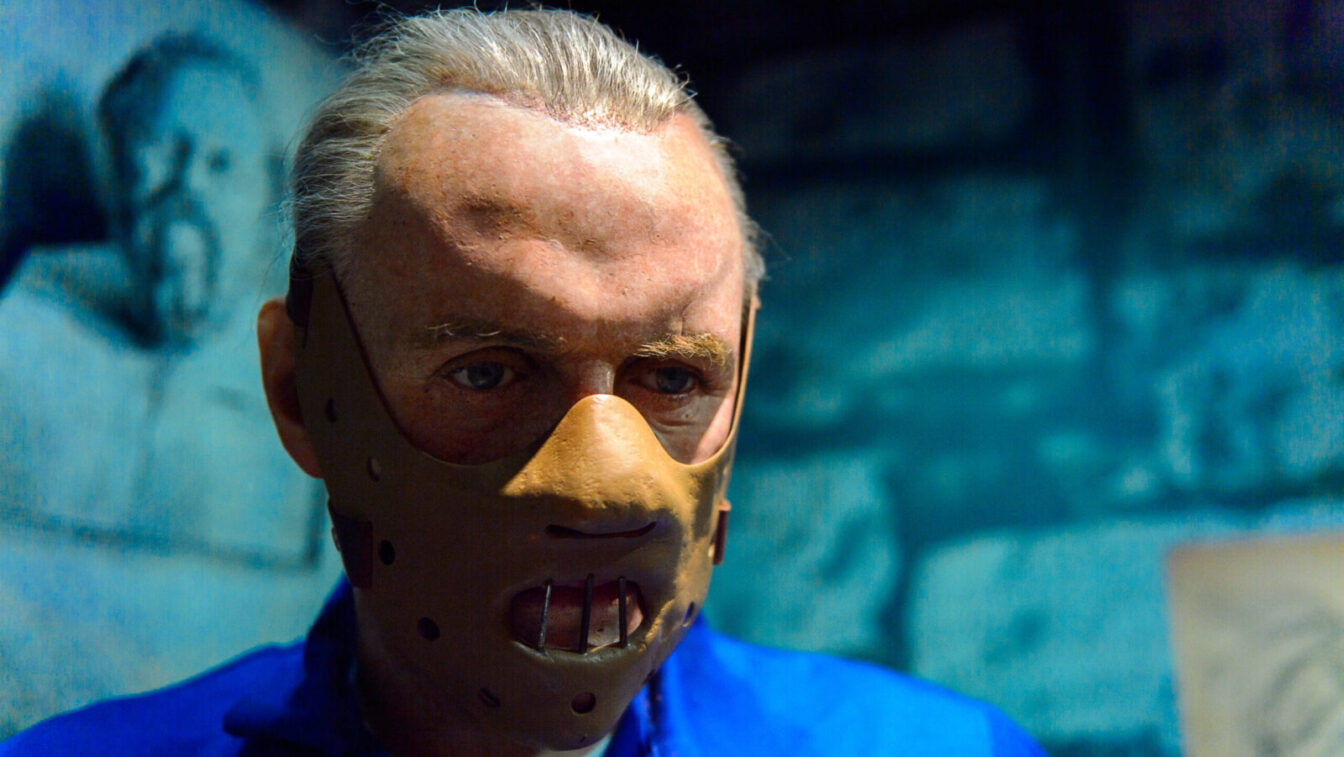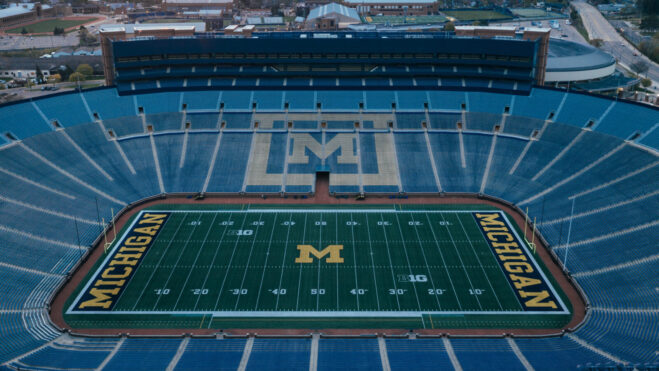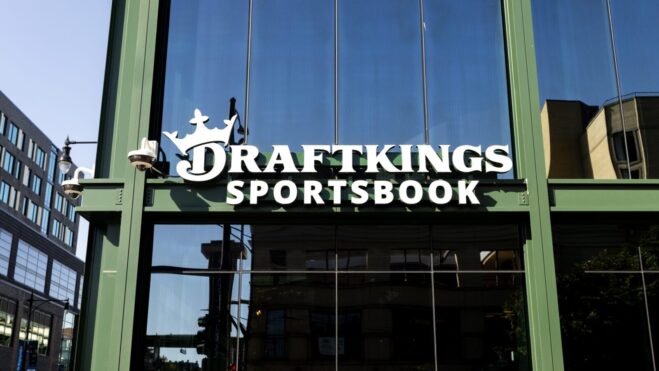Legalizing Online Casino An Uphill Climb In Illinois, As Informational Hearing Makes Clear
Formidable opponents include the Illinois Gaming Board and bars and taverns with VGTs
3 min

The path to legalizing online casino gaming in Illinois appears to be a steep one, as local-based opposition to the vertical made their voices heard during Wednesday’s informational hearing held by the House’s Gaming Committee.
This is the second consecutive General Assembly during which Rep. Edgar Gonzalez submitted an iGaming bill. While there was support for HB 3080, only one local witness provided oral testimony among a group that included representatives from FanDuel, Caesars, and the Sports Betting Alliance.
The multiple opponents who spoke against the bill included representatives from the Illinois Licensed Beverage Association, the Illinois Municipal League, multiple fraternal organizations, and the Illinois Gaming Board. PENN Entertainment also spoke against the bill as it is currently conducting a $600 million relocation of its casinos within Aurora and Joliet to different parts of those cities.
Illinois is the No. 2 market nationally for sports betting in the United States and currently has 16 casinos, but the state is distinctive in gaming as home to the largest network of video gaming terminals (VGTs) in the United States. There are over 8,600 licensees — many of them bars and taverns — and nearly 48,600 terminals statewide.
VGTs are the largest source of gaming tax revenue for the state, generating over $1 billion in total receipts for the 2024 calendar year. More than $884 million of that went to the state, with the remaining $152.4 million going to local municipalities. In comparison, brick-and-mortar casinos generated $345.2 million in state taxes, while sports betting yielded $266.7 million worth of receipts.
Claims of $1 billion in tax revenue
In his remarks to open the hearing, Gonzalez gamely addressed the two largest issues that normally accompany discussion around internet casino gaming: the unregulated illegal market and the risk of cannibalization of other gaming verticals.
In a direct appeal to the bars, restaurants, and VFW halls, Gonzalez offered the possibility of adding an amendment to his bill that would include a “hold harmless provision that will ensure that small businesses and fraternal organizations that depend on VGT revenue will not suffer any financial loss.”
Gonzalez also presented iGaming as a way to create tax revenue that provides the state some financial security from the current presidential administration, adding, “Illinois is gambling with its financial future by delaying the adoption of iGaming.”
James Hartmann, the state government relations director at FanDuel, offered the possibility of Illinois generating $1 billion a year in tax revenue. Hartmann pointed to New Jersey and Michigan as business models for Illinois since Gonzalez’s bill would have operators similarly tethered to brick-and-mortar casinos.
He added there would be growth of $167 million and 1,100 jobs for casinos, while VGTs would generate $332 million in additional revenue in the first five years in tandem with iGaming.
“None of this is new. We’ve had this conversation before,” Hartmann said. “A popular activity that’s widespread and growing, despite state laws, bad actors taking advantage of that and targeting the most vulnerable. Existing businesses trying to slow progress because they’re nervous about how the future is changing their business model.
“The only thing that’s new is the one billion dollars in annual state revenue that iGaming can bring in.”
A multi-flank opposition
Keith Wetherell, the executive director of the Illinois Licensed Beverage Association, emphasized the potential negative impact iGaming would have at the local level in terms of the economy and jobs. Brad Cole, the CEO of the Illinois Municipal League, said adding iGaming would deprive his members of the local control they have hosting VGTs in areas without land-based casinos.
Joe Bartley, a member of multiple fraternal organizations and the mayor of Riverton, pointed out that each expansion of gaming — which includes truck stops having the ability to offer VGT play and a recent one percentage point increase to the state in the distribution of revenue — has “created a negative financial impact on those establishments.”
Speaking as mayor, Bartley said the six establishments with VGTs in Riverton generated $157,000 in revenue for the village last year that went toward “vital services.” He said revenue could decrease by nearly 40% with iCasino available.
Marc Poulos, the executive director at the Indiana, Illinois, and Iowa Foundation for Fair Contracting, pointed out how the VGT industry has long been pivotal in helping provide the state the ability to fund “vertical construction” of revenue in capital bills. He questioned whether iGaming could exist in the state without cannibalizing VGT revenue.
The IGB offers its thoughts
IGB Director of Policy Joe Miller provided three reasons the state’s gaming regulatory agency is currently opposed to the bill. Miller said legalizing iGaming “is not possible without the IGB canceling, pausing, or delaying execution of many key agency mandates and initiatives” that included licensing a case management system for multiple gaming verticals designed to “enhance efficiency and safeguard the integrity and safety of Illinois gaming.”
Miller also noted that Gonzalez’s bill as a standalone measure does not directly address the issue of illegal online gaming — labeling online sweepstakes casinos as one such form — as well as unregulated sweepstakes machines in the state. He said passing Gonzalez’s bill without Rep. Bob Rita’s HB 2879 that addresses illegal gaming “will not eliminate deceptive and fraudulent sweepstakes operators from the Illinois gambling landscape.”
Lastly, Miller said HB 3080 has regulatory structures that favors online gaming companies and are inconsistent with those of the IGB. He stated the bill “uses extremely specific language to erect regulations that have been shown to be problematic in other jurisdictions.”






